What treatment
10+ Highly Rated Egg donation with Sperm Donation Clinics in Georgia
Reach Out to These Certified Egg donation with Sperm Donation Clinics List in Georgia Loved by Patients!
Aurora-Georgia - Surrogacy in Tbilisi
Overview
Welcome to the International Surrogacy and Egg donation Agency Aurora-Georgia, we are genuinely committed to the main aim - the birth of a long-awaited child!
Read more details
Global Leader Clinic, World Center of Baby - From Hope to Home — Surrogacy for Everyone
Overview
World Center Of Baby - Dedicated to making parenthood possible. Different countries, All possibility, We make the dream of becoming parents a reality.
Read more details
InvitroLife - Best IVF Clinic in Georgia
Overview
Experience the Best IVF Clinic in Georgia. InvitroLife offers high success rates with advanced IVF, ICSI, PGT-A, surrogacy & egg donation programs.
Read more details
Top IVF Center - European Fertility Clinic
Overview
Discover superior IVF treatments in Tbilisi, Georgia at European Fertility Clinic. Trusted expertise for your fertility journey. Book now at PlacidWay!
Read more details
Discover your treatment options with a free, no-obligation quote!
Get your quote now!Chachava Clinic Reproductive Health Center
Overview
Discover premier IVF treatments & surrogacy programs in Tbilisi, Georgia at Chachava Clinic Reproductive Health Center. Experience excellence in fertility care.
Read more detailsReproductive Medical Center Universy
Overview
Reproductive Medical Center Universy located in Tbilisi, Georgia works towards providing comprehensive medical services in the field of preparation for pregnancy, pregnancy monitoring, and childbirth. Learn about treatment of all types of reproductive disorders and ensure healthy birth of a healthy child at Georgia.
Read more detailsUniverse Clinic
Overview
Universe is a leading reproductive medical center located in Tbilsi, Georgia. They provide the most advanced research and treatment including IVF with the help of qualified staff and latest equipment. Surrogacy, egg donation, assisted reproductive techniques and various other advanced infertility treatments are provided by the clinic.
Read more detailsBeta Plus Fertility
Overview
Fertility Treatment in Georgia by Beta Plus Fertility is a Best Fertility Clinic located in Georgia. You can get various medical services such as IVF, Egg Donor, Gestational Carrier, as the best solution for couples around the world who are struggling with infertility.
Read more detailsDiscover your treatment options with a free, no-obligation quote!
Get your quote now!International University Hospital Batumi
Overview
International University Hospital Batumi is multi-profiled hospital located in Batumi, Georgia which provides top quality ambulatory and inpatient services. Equipped with the latest medical technologies, the medical center's staff is composed of highly trained and qualified doctors.
Read more detailsReproART Georgian-American Center for Reproductive Medicine
Overview
Get world-class fertility treatment at ReproART Georgian-American Center for Reproductive Medicine, Tbilisi, Georgia. Learn about the clinic procedures and treatments.
Read more detailsIn Vitro Fertility Clinic
In Vitro Clinic Georgia is among the top fertility centers in the Middle East, providing only the latest Assisted Reproductive Technologies with the help of highly trained and experienced doctors. Thanks to their exceptional services more than 3,000 babies from international and local couples have been born in Georgia and other thousands worldwide.
New Life Georgia
Popular destination for surrogacy, egg donation and IVF treatment. Our team of fertility specialists provide you with high success rates & excellence in fertility care. We provide you with the best possible chance to fulfill your dream of conception and starting a family of your own.
Which are the best Egg donation with Sperm Donation clinics in Georgia?
Georgia boasts several highly-regarded clinics for double donor IVF, including Aurora-Georgia, InvitroLife, European Fertility Clinic, Chachava Clinic Reproductive Health Center, and Beta Plus Fertility. These centers are known for their specialized programs, excellent success rates, and comprehensive patient care, attracting many international individuals and couples seeking advanced fertility solutions in Tbilisi and Batumi.
When considering egg and sperm donation in Georgia, a few clinics consistently stand out for their expertise and patient-focused services. These facilities often feature state-of-the-art laboratories and experienced teams dedicated to achieving successful outcomes. Here’s a look at some of the prominent options:
- Aurora-Georgia - Surrogacy in Tbilisi: Offers trusted surrogacy and egg donation programs, highly recommended by patients for their responsive and professional team.
- InvitroLife - Best IVF Clinic in Georgia: Known for high success rates with advanced IVF, ICSI, PGT-A, surrogacy, and egg donation.
- European Fertility Clinic: A top IVF center in Tbilisi, providing superior IVF treatments and a team committed to your fertility journey.
- Chachava Clinic Reproductive Health Center: A premier center in Tbilisi for IVF and surrogacy, noted for excellent patient coordination and comprehensive services.
- Reproductive Medical Center Universy: Specializes in comprehensive services for pregnancy preparation, monitoring, and childbirth, addressing various reproductive disorders.
- Universe Clinic: A leading reproductive medical center in Tbilisi, offering advanced research and IVF treatments, including surrogacy and egg donation.
- Beta Plus Fertility: Recognized as a leading fertility clinic in Georgia, offering IVF, egg donation, and gestational carrier services with high patient satisfaction.
- International University Hospital Batumi: A multi-profiled hospital providing top-quality ambulatory and inpatient services in Batumi, including fertility treatments.
- ReproART Georgian-American Center for Reproductive Medicine: Offers world-class fertility treatments in Tbilisi, focusing on advanced reproductive medicine.
How do Georgian fertility clinics screen egg and sperm donors?
Fertility clinics in Georgia employ rigorous screening protocols for egg and sperm donors, encompassing extensive medical, genetic, and psychological evaluations. This multi-layered process ensures donors are healthy, minimizing risks of hereditary conditions or infectious diseases, and are emotionally stable to proceed with donation, prioritizing the health of donor-conceived children.
The health and safety of your future child are paramount, and Georgian clinics adhere to international standards for donor screening. This comprehensive process typically includes:
- Medical Health Screening: Donors undergo thorough physical examinations and blood tests to check for general health, blood type, and Rh factor.
- Infectious Disease Testing: Mandatory screening for a wide range of infectious diseases, including HIV, Hepatitis B and C, syphilis, and chlamydia, is conducted to prevent transmission.
- Genetic Carrier Screening: Advanced genetic testing is performed to identify carriers of common hereditary conditions such as Cystic Fibrosis, Spinal Muscular Atrophy, and Fragile X syndrome. This helps ensure both the egg and sperm donor aren't carriers of the same recessive gene.
- Family Medical History Review: A detailed assessment of the donor's family medical history over at least three generations helps identify any patterns of inherited diseases or significant health issues.
- Psychological Evaluation: Donors meet with a mental health professional to discuss their motivations, understanding of the donation process, and psychological well-being. This step ensures they are mentally prepared and understand the long-term implications of their decision.
What patient support services are available at double donation IVF clinics in Georgia?
Georgian clinics offering double donation IVF provide extensive patient support to ensure a smooth and emotionally supportive journey. Key services include dedicated international patient coordinators, multilingual staff, emotional counseling, and assistance with logistics like travel and accommodation, all designed to make the process as comfortable as possible for intended parents from around the world.
Navigating fertility treatments, especially with donor gametes, can be emotionally and logistically complex. Reputable clinics in Georgia understand this and offer a suite of support services:
- Dedicated Patient Coordinators: Many clinics assign a personal coordinator who acts as your primary point of contact, guiding you through every step, from initial consultation to post-treatment care.
- Multilingual Staff: To cater to a diverse international patient base, clinics often have staff fluent in multiple languages, ensuring clear communication and understanding.
- Emotional and Psychological Counseling: The emotional impact of infertility and using donor gametes can be significant. Clinics provide access to counseling services to help patients process emotions, discuss ethical concerns, and prepare for parenthood.
- Logistical Assistance: For international patients, clinics often assist with travel arrangements, airport transfers, local transportation, and recommendations for comfortable accommodation, simplifying your visit.
- Legal Guidance Referrals: While clinics don't offer legal advice, they can connect you with independent attorneys specializing in reproductive law to ensure all legal aspects of donor agreements and parental rights are properly addressed.
- Support Groups and Networks: Some clinics offer connections to support groups or online communities where you can share experiences and connect with other intended parents.
What is the typical timeline for an egg and sperm donation cycle in Georgia?
A typical double donor IVF cycle in Georgia usually spans several weeks to a few months, starting with initial consultations and donor selection, followed by synchronization of cycles (if fresh eggs are used), embryo creation, and finally, embryo transfer. The exact timeline depends on factors like donor availability and whether fresh or frozen gametes are utilized, offering flexibility to patients.
The timeline for an egg and sperm donation cycle is carefully planned to maximize success rates while being as efficient as possible. Here’s a general overview:
- Initial Consultation (1-2 weeks): This involves a remote or in-person consultation with a fertility specialist to discuss your medical history, treatment options, and create a personalized plan.
- Donor Selection (2-4 weeks): You'll review donor profiles from the clinic's database or affiliated sperm banks to select your egg and sperm donors. This stage includes comprehensive screening of chosen donors.
- Preparation for Egg Retrieval and Embryo Creation (2-4 weeks):
- For Fresh Cycle: The egg donor undergoes ovarian stimulation, while the recipient starts medication to prepare the uterine lining. The cycles are synchronized.
- For Frozen Cycle: Donor eggs are thawed, and fertilization occurs with donor sperm. The recipient prepares her uterine lining with medication. This method offers more scheduling flexibility.
- Embryo Development (5-6 days): After fertilization, embryos are grown in the lab, typically to the blastocyst stage. Genetic testing (PGT-A) may be performed during this period if opted for.
- Embryo Transfer (1 day): The selected embryo(s) are transferred into the recipient's uterus. This usually requires a short visit to Georgia.
- Pregnancy Test (10-14 days post-transfer): A blood test is performed to confirm pregnancy.
Are there specific legal requirements for international patients using donor gametes in Georgia?
Georgia's legal framework is generally favorable for international patients utilizing donor gametes, typically recognizing intended parents as legal parents from birth. Key requirements involve signing comprehensive consent forms and securing legal agreements with donors, often facilitated through referrals to specialized reproductive attorneys to establish parental rights and ensure all legal aspects are clear and secure.
One of Georgia's attractions for international fertility patients is its clear and supportive legal environment regarding third-party reproduction. While clinics don't offer direct legal advice, they work within this framework to ensure proper procedures:
- Parental Rights: Georgian law generally recognizes the intended parents as the legal parents of a child born through donor conception, with donors having no parental rights or obligations.
- Consent Forms: All parties involved—intended parents, egg donor, and sperm donor (or sperm bank)—must sign comprehensive consent forms clearly outlining their roles, rights, and responsibilities.
- Legal Agreements: It is highly recommended, and often a requirement, for intended parents to engage an independent attorney specializing in reproductive law. This attorney will draft legal contracts that ensure the donors relinquish all parental rights and that the intended parents are legally recognized as the child's parents.
- Non-Commercial Donation: While compensation is provided for time and effort, the donation process is framed as non-commercial, adhering to ethical guidelines.
- Birth Registration: Clinics assist international parents with the birth registration process in Georgia, which is typically straightforward for children born via donor conception or surrogacy.
What are the qualifications of fertility specialists at clinics offering double donation in Georgia?
Fertility specialists in Georgian clinics providing double donation treatments are highly qualified, often holding international certifications and extensive experience in reproductive medicine. They typically have backgrounds in gynecology and endocrinology, with additional specialization in assisted reproductive technologies (ART) and donor conception protocols, ensuring expert care and adherence to global standards.
The expertise of the medical team is crucial for the success of complex fertility treatments like double donation IVF. Clinics in Georgia prioritize highly qualified and experienced professionals:
- Specialized Medical Degrees: Fertility specialists typically hold medical degrees (MD) and have completed residencies in obstetrics and gynecology.
- Reproductive Endocrinology and Infertility (REI) Fellowships: Many specialists pursue advanced fellowships in Reproductive Endocrinology and Infertility, providing them with in-depth knowledge and skills in ART, hormonal imbalances, and complex infertility cases.
- International Training and Certifications: It's common for Georgian fertility doctors to have received training or certifications from leading international institutions, bringing global best practices to their clinics.
- Extensive Experience: Look for clinics where the specialists have a significant number of years of experience specifically with donor conception cycles, as this indicates a deep understanding of the unique nuances involved.
- Membership in Professional Organizations: Affiliation with international fertility societies (e.g., ESHRE, ASRM) demonstrates a commitment to ongoing education, adherence to ethical guidelines, and participation in the broader scientific community.
- Embryologists' Expertise: Beyond the physicians, the embryology team plays a critical role. Inquire about the qualifications and experience of the embryologists, as their skill in handling gametes and embryos directly impacts success rates.
How do clinics ensure privacy and confidentiality for donor-conceived families in Georgia?
Georgian fertility clinics prioritize strict privacy and confidentiality for all parties in donor conception, adhering to robust data protection regulations. They manage donor information discreetly, providing only non-identifying profiles to recipients unless an explicit open-identity agreement is made, safeguarding personal data while facilitating transparency as legally permitted.
Protecting the privacy of both donors and intended parents is a cornerstone of ethical fertility treatment. Clinics in Georgia implement various measures to maintain confidentiality:
- Anonymity Protocols: For anonymous donations, all identifying information about the donor is kept strictly confidential from the recipient and any resulting child. Recipients receive comprehensive non-identifying profiles.
- Secure Data Management: Clinics utilize secure electronic health record (EHR) systems and strict physical security protocols to protect all patient and donor data.
- Legal Agreements: Donor agreements explicitly outline the terms of confidentiality and non-disclosure, legally binding all parties to respect privacy.
- Controlled Access to Information: Access to sensitive information is limited to authorized personnel only, on a need-to-know basis.
- Open-Identity Options: While anonymity is common, clinics also offer open-identity donation where the donor agrees to future contact from the donor-conceived person (upon reaching adulthood). This is a transparent choice made by both donor and recipient.
- Ethical Guidelines: Clinics operate under professional ethical guidelines that emphasize respect for privacy and the well-being of all individuals involved in third-party reproduction.
What advanced technologies do Georgian clinics use for double donation IVF?
Leading Georgian fertility clinics leverage advanced technologies for double donation IVF, such as state-of-the-art embryology labs, ICSI for enhanced fertilization, and preimplantation genetic testing (PGT-A/PGD) to screen embryos. These innovations significantly improve success rates by optimizing embryo selection and ensuring the health and viability of the resulting pregnancies for intended parents.
Modern fertility clinics in Georgia invest in cutting-edge technology to offer the highest chances of success for double donation IVF:
- Intracytoplasmic Sperm Injection (ICSI): This technique is routinely used with donor sperm to ensure successful fertilization by injecting a single sperm directly into each egg.
- Advanced Embryology Laboratories: Clinics feature sophisticated labs with controlled environments (temperature, humidity, air quality) essential for optimal embryo development.
- Time-Lapse Embryo Monitoring (EmbryoScope): Some clinics use time-lapse incubators that allow embryologists to continuously monitor embryo development without removing them from optimal conditions, aiding in better embryo selection.
- Preimplantation Genetic Testing (PGT-A/PGD):
- PGT-A (Aneuploidy Screening): Tests embryos for chromosomal abnormalities, increasing transfer success rates and reducing miscarriage risks.
- PGD (Monogenic Disease Screening): Used when donors are carriers for specific genetic diseases to ensure only unaffected embryos are transferred.
- Vitrification (Flash Freezing): Highly effective freezing techniques for eggs and embryos ensure high survival rates upon thawing, crucial for frozen embryo transfers and long-term storage.
- Assisted Hatching: A laser-assisted technique to thin the outer shell of the embryo, potentially helping it implant in the uterine lining.
- Modern Culture Media: Specialized nutrient-rich media are used to support optimal embryo growth and development in vitro.
How do Georgian clinics assist with travel and accommodation for international fertility patients?
Georgian clinics widely assist international fertility patients with travel and accommodation, often providing dedicated coordinators to streamline logistics. They offer support for visa applications, airport transfers, local transportation, and recommend reputable hotels and serviced apartments near the clinic, ensuring a stress-free and comfortable experience throughout the treatment journey.
Many fertility clinics in Georgia are highly experienced in catering to the needs of international patients, offering comprehensive support beyond medical procedures:
- International Patient Departments: These specialized departments are staffed with coordinators who act as a single point of contact for all non-medical aspects of your journey.
- Visa and Immigration Support: Coordinators can provide invitation letters or guidance on visa requirements and the application process for your visit to Georgia.
- Airport Pick-up and Transfers: Many clinics arrange complimentary or affordable airport transfers upon arrival and departure, ensuring a smooth transition.
- Accommodation Recommendations: Clinics offer curated lists of trusted hotels, apartments, or guesthouses located conveniently close to the facility, often with special rates for patients.
- Local Transportation: Assistance with arranging local transportation for clinic visits and other needs is often available.
- Translation Services: Multilingual staff and professional translation services ensure that you fully understand all medical information and can communicate effectively with the clinical team.
- Personalized Itineraries: Coordinators help create a treatment schedule that minimizes your time away from home while ensuring all necessary procedures are completed.
- Cultural Orientation: Some clinics provide information or assistance with local customs, dining, and other aspects to make your stay more pleasant.
What are the ethical considerations addressed by clinics regarding egg and sperm donation in Georgia?
Georgian fertility clinics adhere to strict ethical guidelines for egg and sperm donation, focusing on informed consent, donor anonymity (or agreed-upon disclosure), and careful donor screening to prevent genetic issues. They prioritize the welfare of donors, intended parents, and future children, ensuring transparent practices that respect the dignity and rights of all individuals involved in the fertility journey.
Ethical considerations are fundamental to responsible third-party reproduction. Clinics in Georgia prioritize these aspects to maintain high standards of care and trust:
- Informed Consent: All donors and recipients must provide fully informed consent, understanding the procedures, risks, and implications of donation. This ensures decisions are made voluntarily and with full knowledge.
- Donor Welfare: Clinics prioritize the physical and psychological well-being of donors. This includes thorough health screening, psychological evaluation, and clear information about compensation (for time, effort, and discomfort, not for gametes).
- Anonymity vs. Disclosure: Clinics offer options regarding donor identity, from complete anonymity (where no identifying information is shared) to open-identity programs where the donor-conceived child can contact the donor later in life. This respects the preferences of all parties.
- Genetic Screening and Health: Rigorous medical and genetic screening of donors aims to minimize the risk of passing on genetic disorders, protecting the health of the future child.
- Number of Donations: Policies are often in place to limit the number of donations by a single donor to prevent unintended consanguinity (children conceived from the same donor unknowingly meeting and having children together).
- Legal Clarity: Clear legal frameworks ensure that donors have no parental rights or obligations, and intended parents are recognized as the legal parents, avoiding future disputes.
- Counseling: Providing access to independent counseling is a critical ethical component, helping individuals navigate the complex emotional and social aspects of donor conception.
How do clinics in Georgia address the emotional impact of double donation IVF?
Georgian fertility clinics acknowledge and actively address the significant emotional impact of double donation IVF by offering comprehensive psychological support. This includes dedicated counseling services for intended parents to navigate grief, identity issues, and donor selection. They foster a supportive environment with empathetic staff to help manage stress throughout the entire fertility journey, from initial consultation through to post-treatment.
The journey through infertility and donor conception can be an emotional rollercoaster. Clinics in Georgia are increasingly sensitive to these needs and integrate emotional support into their programs:
- Mandatory Counseling (in some cases): Many clinics recommend or require psychological counseling for intended parents using donor gametes. This helps address feelings of grief over not having a biological child, concerns about genetic links, and the process of accepting donor conception.
- Support During Donor Selection: The process of choosing an egg and sperm donor can bring up complex emotions. Counseling helps individuals navigate these decisions, articulate their preferences, and feel confident in their choices.
- Preparation for Parenthood: Counseling also focuses on preparing intended parents for the unique aspects of raising a donor-conceived child, including discussions on disclosure to the child, family, and friends.
- Coping Mechanisms: Therapists can provide strategies and tools to manage stress, anxiety, and disappointment during the treatment cycle, particularly if previous cycles have been unsuccessful.
- Empathetic Staff: Beyond formal counseling, clinic staff, from nurses to patient coordinators, are often trained to provide empathetic and compassionate care, recognizing the emotional vulnerability of patients.
- Group Support (where available): Some larger clinics may facilitate peer support groups, offering a safe space for intended parents to share experiences and find solidarity.
How PlacidWay helps individuals access Egg donation with Sperm Donation in Georgia?
- PlacidWay provides detailed, up-to-date information about Egg donation with Sperm Donation, including the benefits, potential risks, and realistic expected outcomes, empowering you with the knowledge to move forward confidently.
- We help you compare treatment packages from various clinics across Georgia, ensuring you find affordable options that don't compromise on the quality of care or the standard of the facility.
- PlacidWay assists you in finding trusted, accredited clinics and highly qualified medical professionals who specialize in double donation IVF in Georgia, taking the guesswork out of your search.
- We offer personalized, one-on-one consultations to help you make informed decisions about your treatment, ensuring their specific needs are met.
- Our commitment doesn't end after the procedure. PlacidWay ensures you have access to continued support after your treatment, including help with coordinating follow-up care and recovery assistance.
Ready to get Egg donation with Sperm Donation in Georgia? Contact us today for a personalized consultation.












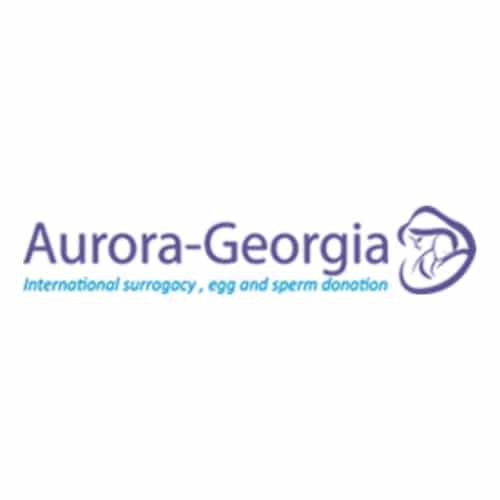
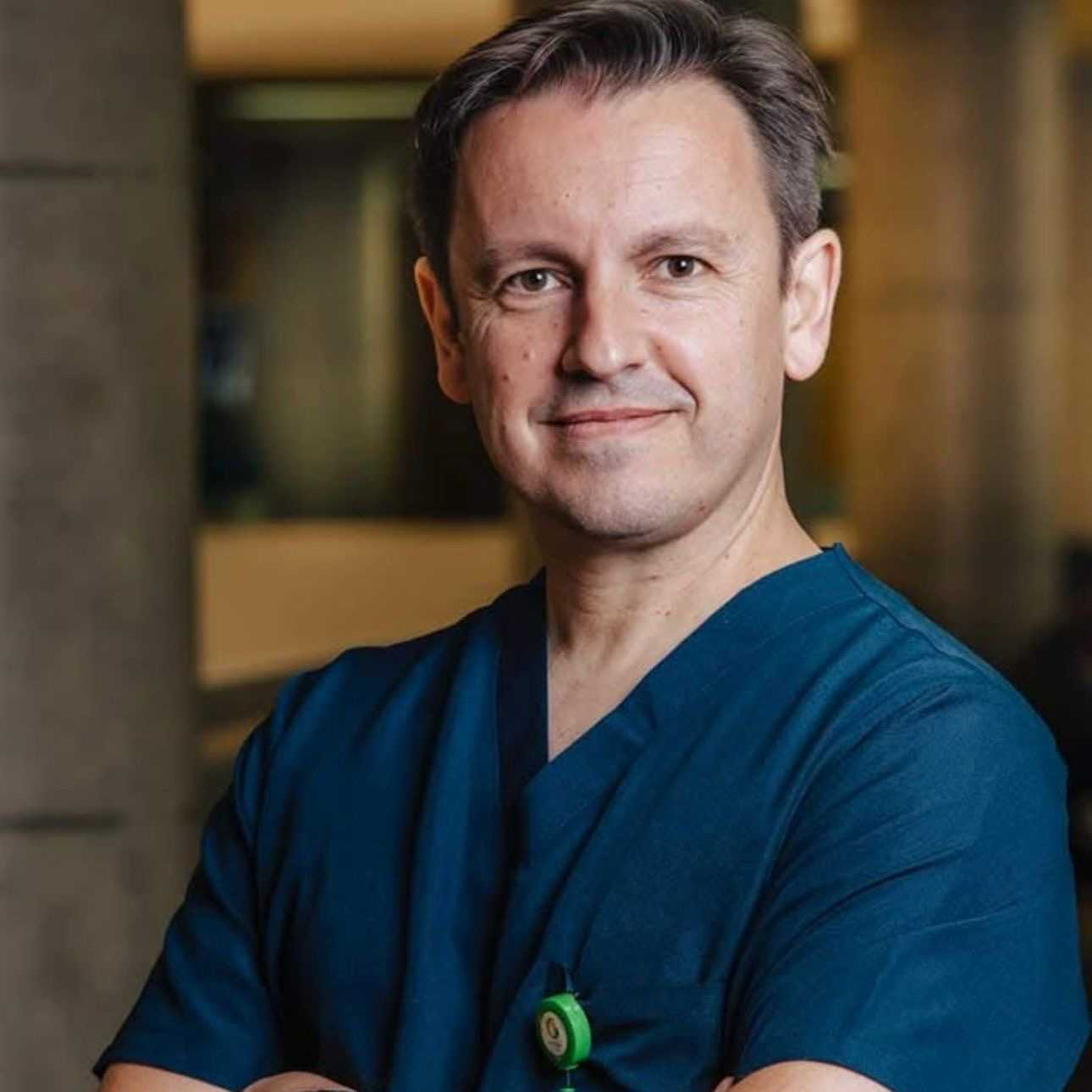
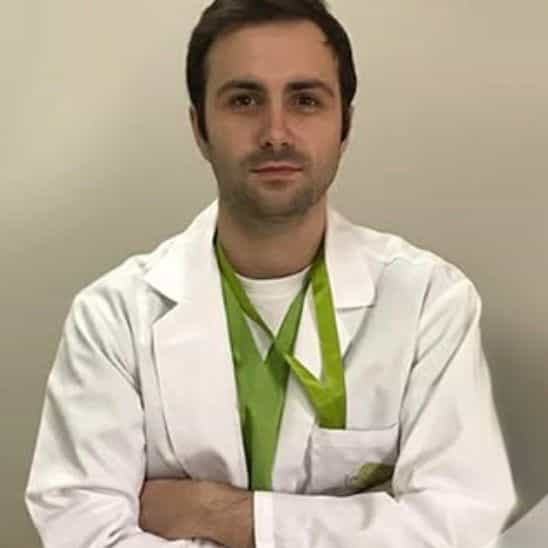
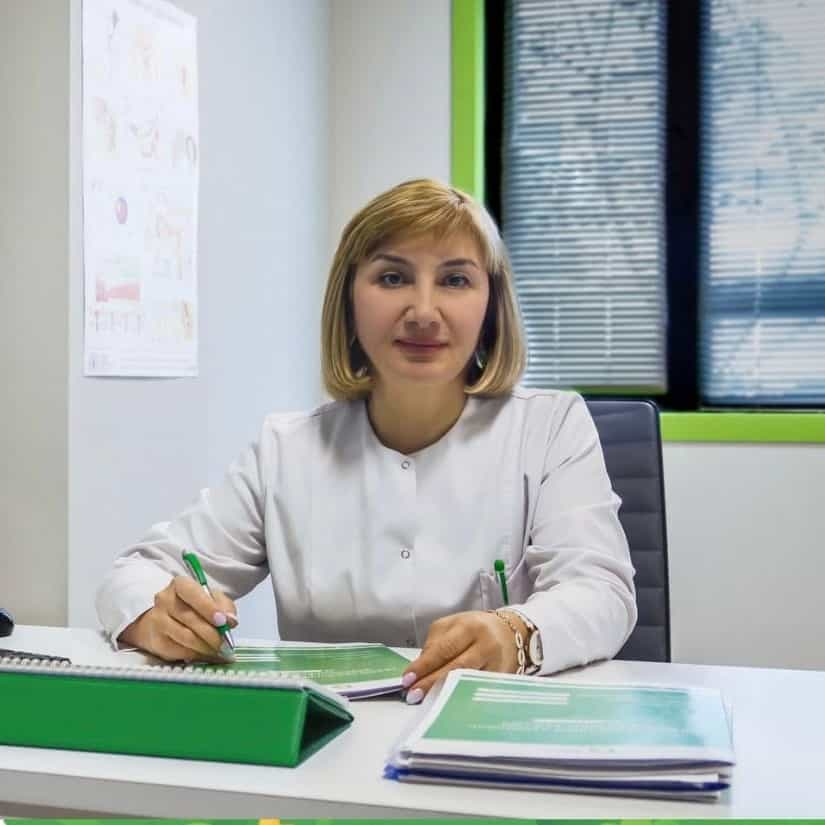
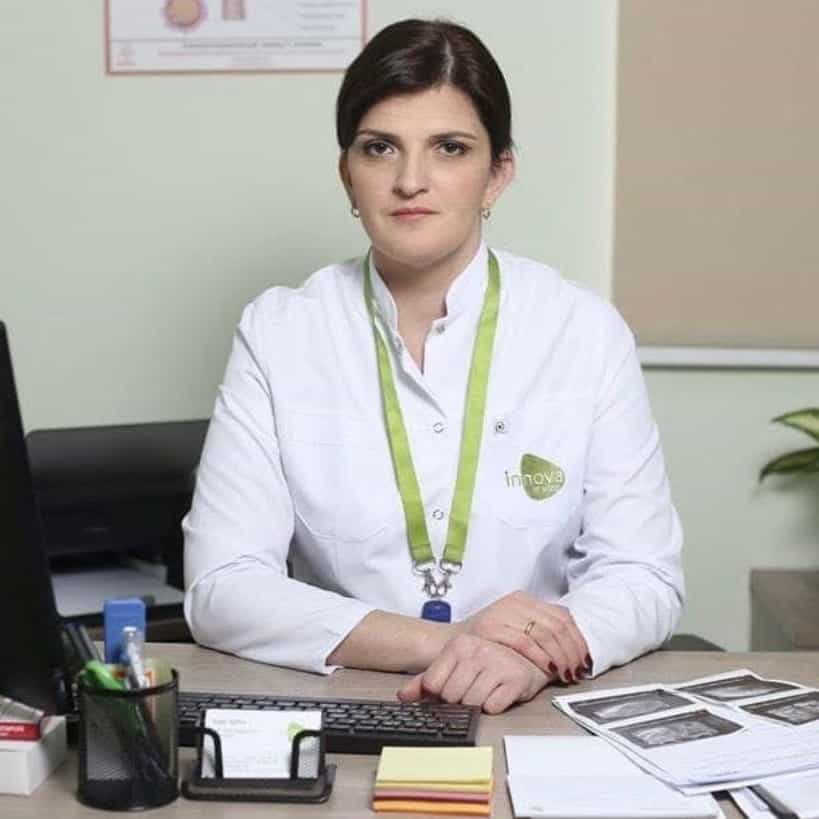
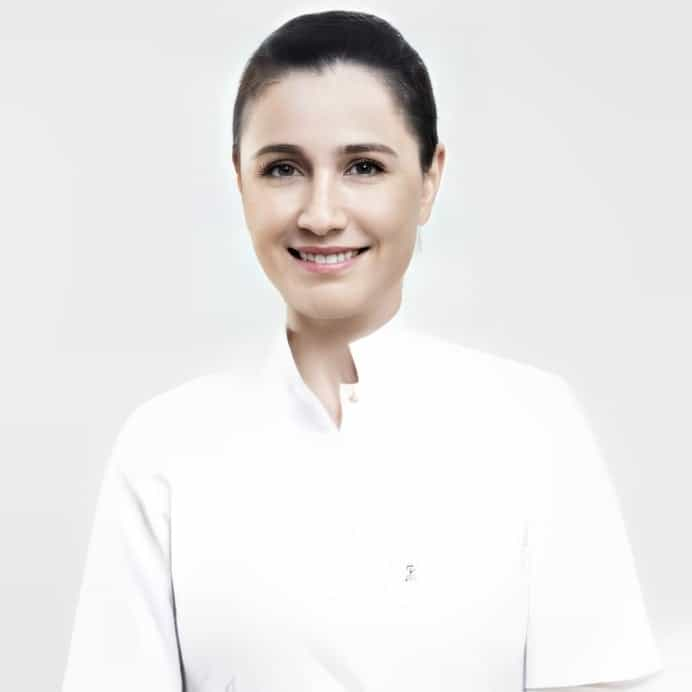
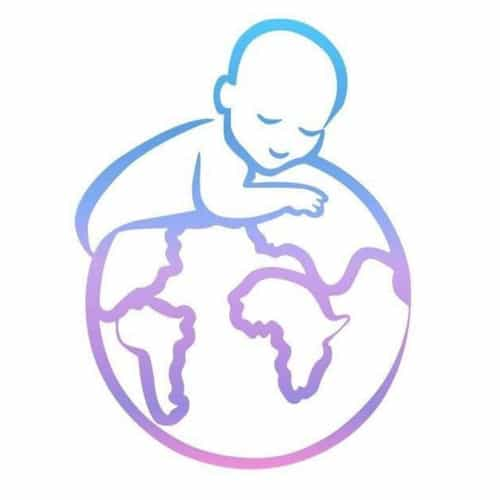



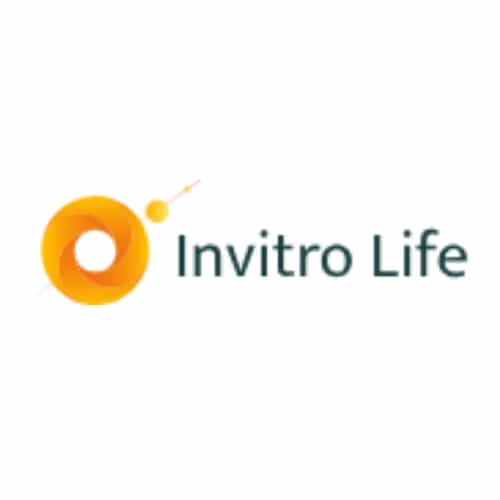
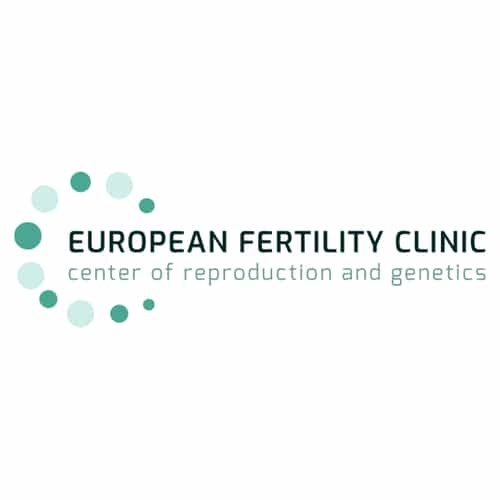

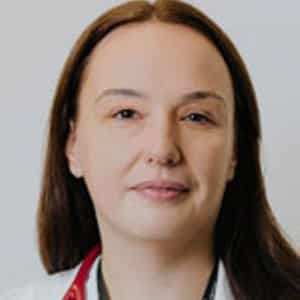
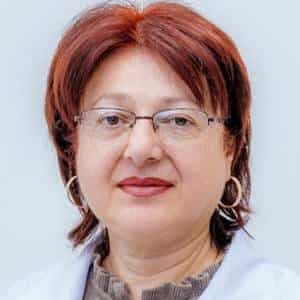
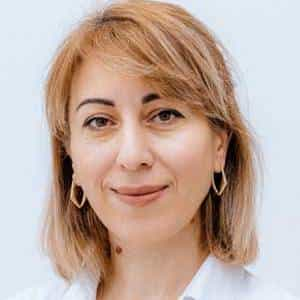
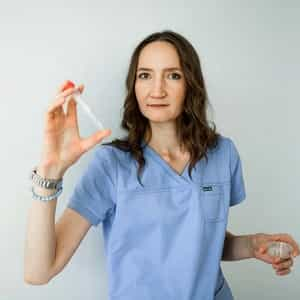
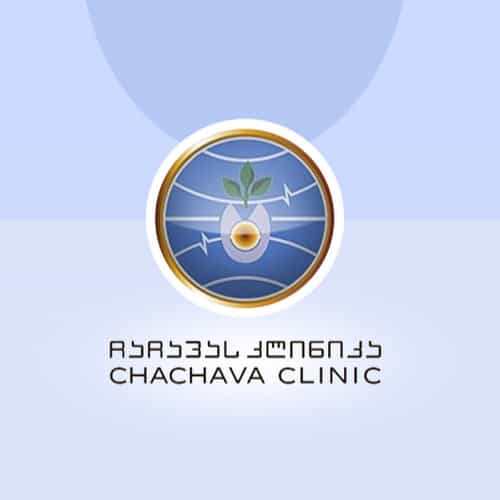


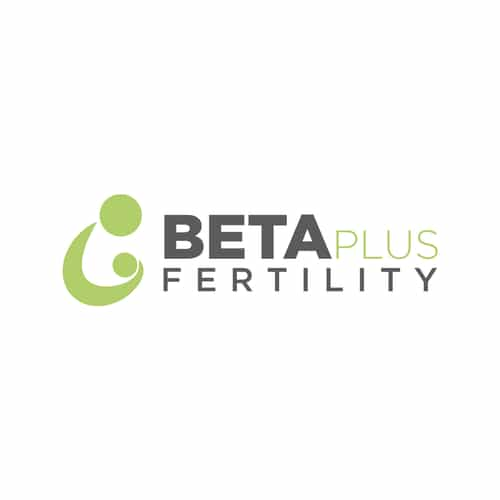
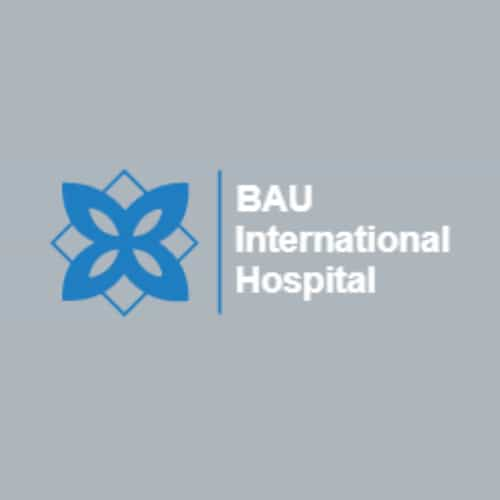
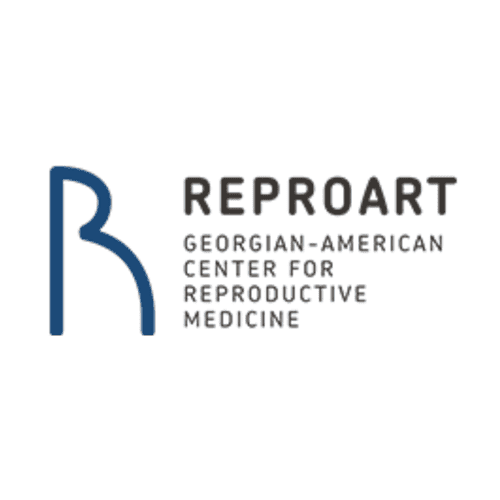





.png)
.png)
.png)

I contacted Aurora-Georgia seeking hormone replacement therapy and was immediately impressed by how responsive and professional their team was. Even though I’m located in Sweden, communication was smooth, and they provided all the details I needed about treatment options and next steps. The care, attention, and international coordination that Aurora-Georgia provides made me feel completely at ease. It’s wonderful to know there’s such a reliable and patient-centered fertility center available to international patients.
Read More